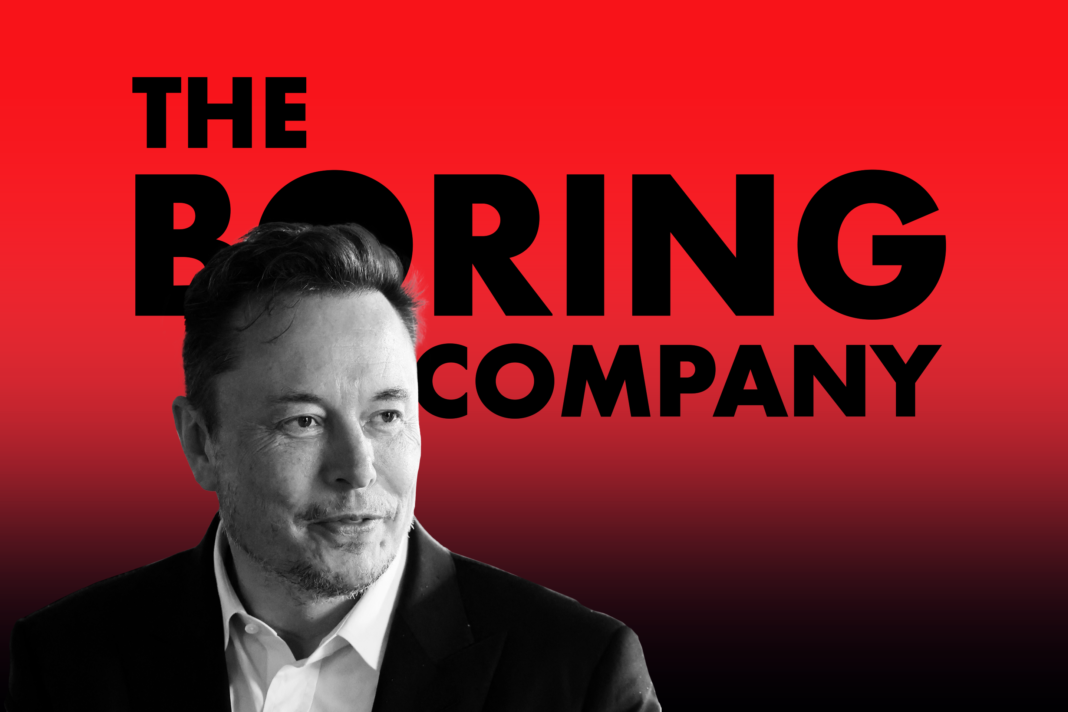Elon Musk’s The Boring Company (TBC), focused on tunnel infrastructure and hyperloop technology, has been cited for over 800 environmental violations at its Texas facilities since 2021, according to a September 2025 investigation by The Wall Street Journal. The violations, primarily at TBC’s Bastrop and Austin sites, involve improper wastewater discharge, air pollution, and construction non-compliance, leading to $2.2 million in proposed fines from the Texas Commission on Environmental Quality (TCEQ) and other agencies. This controversy adds to Musk’s regulatory challenges amid his high-profile ventures. In this article, we examine the violations, regulatory actions, and their impact on TBC’s operations and Musk’s broader enterprises. The Wall Street Journal
Details of the 800+ Environmental Violations
The violations span multiple environmental regulations at TBC’s Texas sites, particularly its 1,500-acre Bastrop campus and Austin-area tunneling projects:
- Violation Count: Over 800 infractions since 2021, with 400+ related to wastewater discharges and 200+ tied to air quality breaches.
- Wastewater Issues: TBC allegedly discharged untreated wastewater into local waterways, violating Clean Water Act permits. This includes 150+ instances of releasing industrial runoff without proper treatment.
- Air Pollution: Over 200 violations involve unpermitted emissions from construction and boring equipment, exceeding volatile organic compound (VOC) limits.
- Construction Non-Compliance: 100+ cases of unauthorized land disturbance and failure to implement stormwater controls at Bastrop.
- Fines Proposed: TCEQ and local authorities have issued $2.2 million in penalties, with $1.5 million for wastewater and $700,000 for air quality violations.
TBC’s Bastrop site, home to tunnel testing and manufacturing, has drawn scrutiny for its proximity to the Colorado River, amplifying environmental concerns.
Reasons Behind the Violations
Several factors contributed to TBC’s regulatory lapses:
- Rapid Expansion: TBC’s aggressive push to scale tunneling projects, including a proposed Austin hyperloop, outpaced environmental compliance efforts.
- Regulatory Oversight Gaps: Texas’s business-friendly environment initially allowed lax monitoring, but increased scrutiny followed community complaints.
- Operational Oversights: Inadequate wastewater treatment systems and failure to secure air permits reflect internal mismanagement.
- Musk’s Approach: Critics argue Musk’s focus on speed and innovation, seen in ventures like SpaceX, prioritizes progress over regulatory adherence.
Regulatory and Community Response
The TCEQ and local authorities have intensified enforcement:
- Fines and Orders: TBC faces $2.2 million in fines, with mandates to install wastewater treatment systems and obtain air permits by Q1 2026.
- Community Pushback: Bastrop residents and environmental groups have raised alarms over water contamination risks, prompting public hearings.
- TBC’s Response: The company has pledged to address violations, investing $10 million in compliance upgrades, but disputes some penalty amounts.
- Federal Oversight: The EPA is reviewing TBC’s Clean Water Act breaches, potentially escalating penalties.
Implications for The Boring Company and Musk’s Ventures
The violations pose significant challenges:
- Operational Delays: Compliance costs and regulatory delays could slow TBC’s Austin and Bastrop projects, impacting timelines for tunneling contracts.
- Reputation Risk: The controversy tarnishes Musk’s image, already strained by debates like his H-1B visa defense, potentially affecting investor confidence.
- Financial Strain: $2.2 million in fines and $10 million in upgrades add pressure to TBC, which has raised $800 million but remains unprofitable.
- Industry Scrutiny: Increased focus on Musk’s ventures, like SpaceX’s regulatory battles, could tighten oversight across his portfolio.
The Bigger Picture: Musk’s Regulatory Challenges
TBC’s 800 violations reflect broader tensions between Musk’s innovation-driven ventures and regulatory frameworks, paralleling issues like xAI’s $10B raise amid AI ethics debates or SpaceFields’ ₹42 crore funding for defense tech. In India, where environmental compliance is critical (e.g., Bira 91’s crisis), TBC’s case underscores the need for sustainable practices in high-growth sectors.
What’s Next for The Boring Company?
Key developments to watch:
- TCEQ’s final penalty ruling and TBC’s compliance progress by Q1 2026.
- Potential EPA sanctions escalating federal oversight.
- Community lawsuits or settlements impacting Bastrop operations.
- TBC’s ability to secure new contracts amid reputational damage.
Conclusion
The Boring Company’s 800+ environmental violations in Texas, with $2.2 million in fines, highlight the challenges of balancing rapid innovation with regulatory compliance. As TBC addresses wastewater and air quality issues, its response will shape its future and Musk’s broader ventures. The controversy underscores the importance of environmental stewardship in transformative industries.



